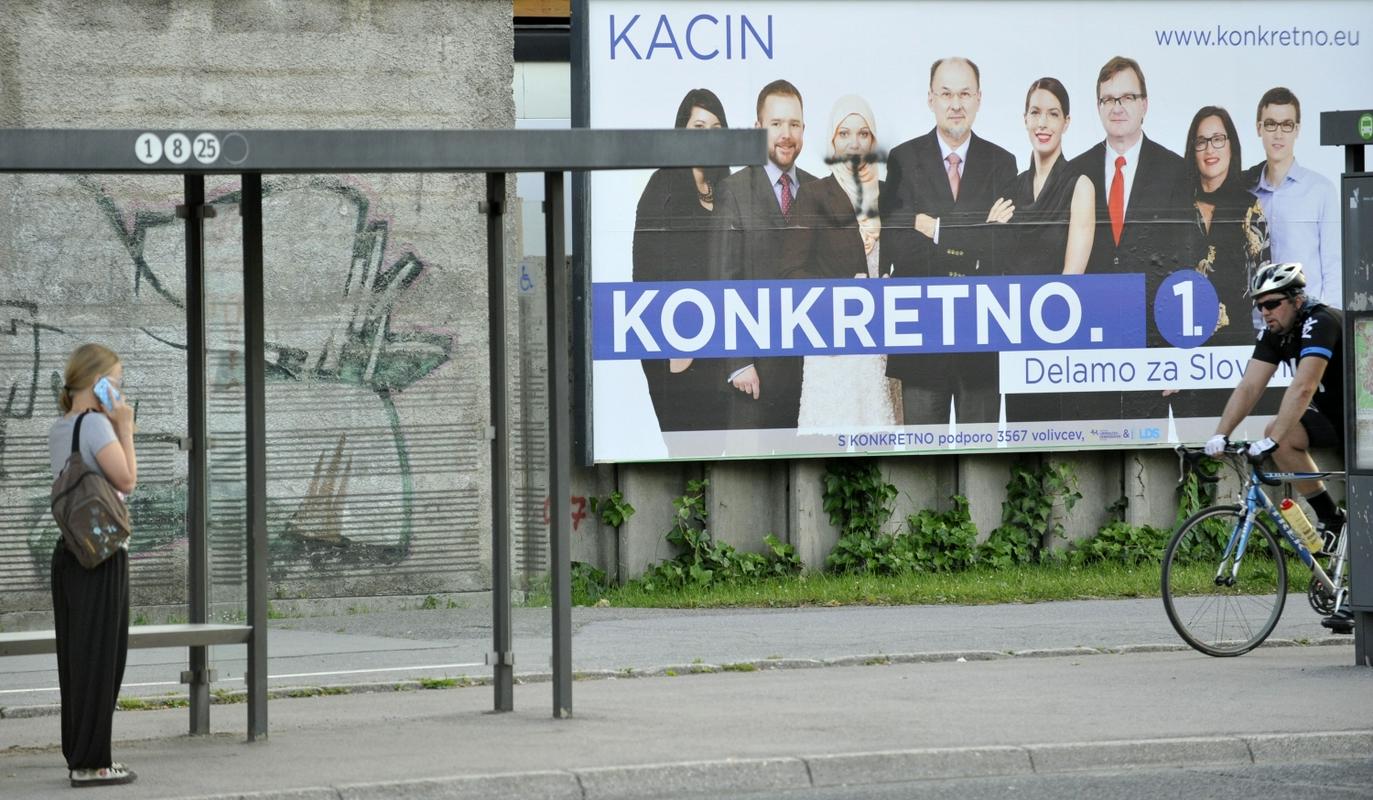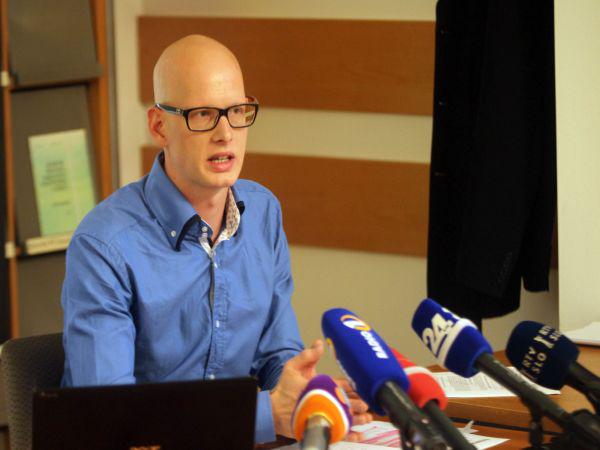
Amendments to the Political Parties Act are the polar opposite of the recommendations of all international organizations.

The study which compared laws and practices of funding political parties and campaigns in several countries showed that Slovenia is problematic and has poor political culture.
"In the past 20 years there has also been no efficient control," added Doria while presenting an international study called Shedding Light on Money in Politics, which assessed the transparency of political party funding in Slovenia with an index of 4.7 out of 10, i.e. an average grade. The project uses an international comparative approach called CRINIS.
SDS and DeSUS refuse to cooperate
The only two parliamentary parties that have refused to participate in the project are Slovenian Democratic Party (SDS) and the Pensioners' Party (DeSUS). "Slovenia has serious problems with the transparency of financial operation performed by political parties, and there are serious doubts about the enforcement of control," summed up the study's key findings Vid Doria.
Serbia and Croatia better than Slovenia
Lecturer at the Maribor Law School Jurij Toplak added that up until three years ago Slovenia had been in the company of Serbia and Croatia but since then, unlike Slovenia, the latter two have started strict sanctioning of the violators.
Slovenia a unique case
"The fact that MPs changed the Political Parties Act and the rules of campaign funding without any discussion at the end of their term, and that these are to come into force a week before the elections, is a unique case worldwide and indicates an absolute lack of integrity in MPs," warns Vid Doria, the secretary of the Integrity Society, emphasizing that funding rules are not supposed to change in the year prior to the elections.
Irresponsible MPs
Doria announced that Transparency International would therefore monitor election campaigns closely through fieldwork. Among other things, the MPs have raised the maximum donation in cash from 50 to 420 euros, which is unacceptable and irresponsible, believes Doria.
Greater transparency better than restrictions
Stricter enforcement of sanctions is the first recommendation of the Integrity Society, drawn on the basis of study findings that focused on the campaign for parliamentary elections in 2011 and funding of political parties in 2012, as new legislation has entered into force in 2014. The latter has completely banned the parties from being funded by companies and other entities, which the society deems not to be the best solution: "It's better to increase transparency than enforce financial restrictions." The society proposes banning donations in cash and only allowing bank transactions.
Annual audits
Another recommendation is for the Court of Audit to audit parliamentary parties every year, and not only every four years. Also, the act should not set a threshold for when the data about donors need to be revealed. Additionally, income and expenses of election campaigns should be published regularly (every two weeks at the latest) on the parties' websites.
Only bank loans
The Integrity Society recommends for the political parties to take out loans from financial institutions only, and advocates for greater control of state budget expenditure when it comes to funding expert assistance to MPs.
Mandate taken if obtained through fraud
"Money of the parties and the candidates is not a bad thing, since it enables them to inform their voters better, as the latter can make a more quality decision based on the information," says Jurij Toplak. The absurdity of the situation, however, is reflected in current legislation that allows candidates for the mayor of Ptuj to spend 6,000 euros on their campaigns, which is impossible in reality, exemplifies Toplak.
"So laws 'need' to be cheated and violated," stresses Toplak with irony, citing an example from France and the UK where MPs who have obtained their term through financial fraud lose their mandate. Toplak warns of low penalties for violators, with which the country implies how seriously these violations are taken. The penalty for financial fraud in political party funding is only a few hundred euros, while the penalties for, say, cashiers are several times higher.
Saša Banjanac Lubej, MMC; translated by K. Z.
Amendments to the Political Parties Act are the polar opposite of the recommendations of all international organizations.
The study which compared laws and practices of funding political parties and campaigns in several countries showed that Slovenia is problematic and has poor political culture.


































































